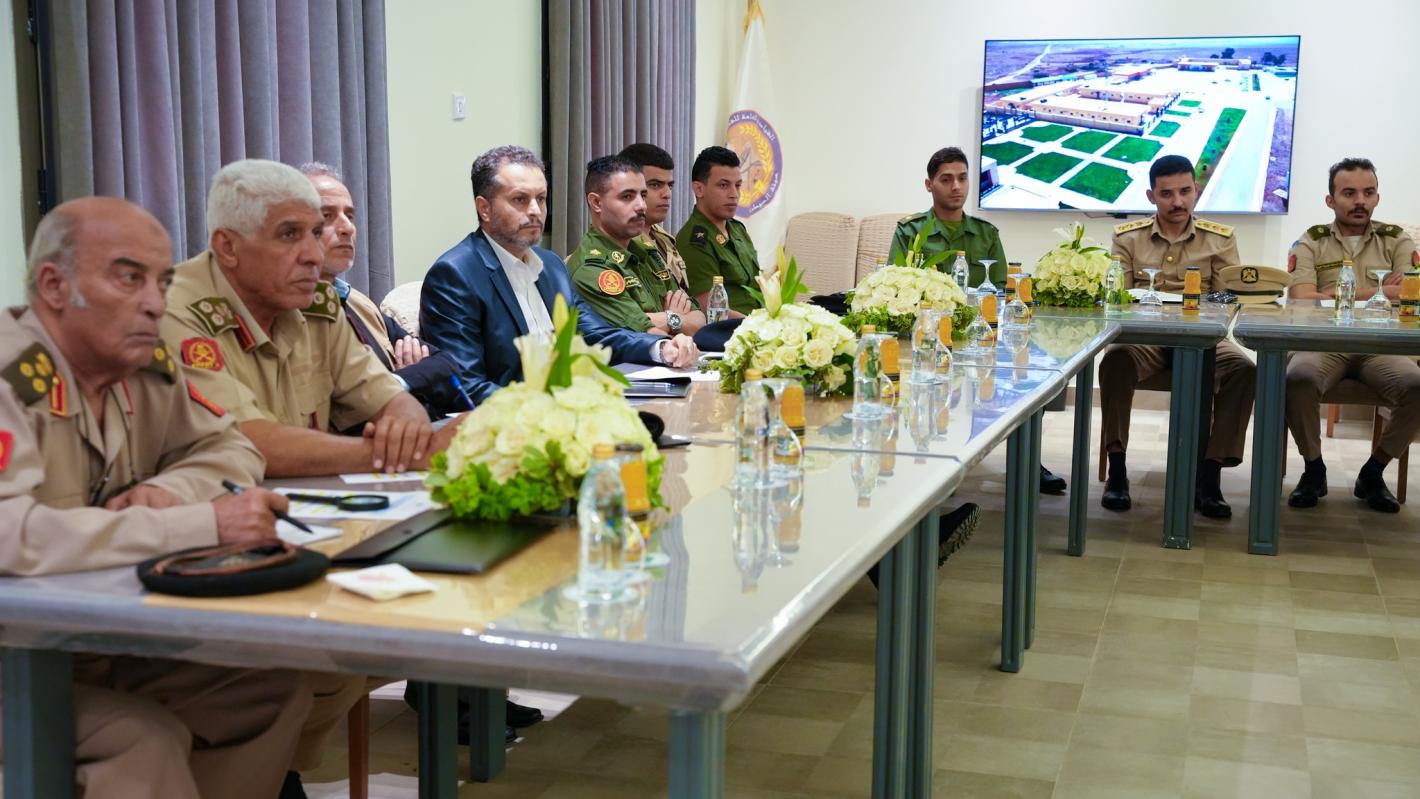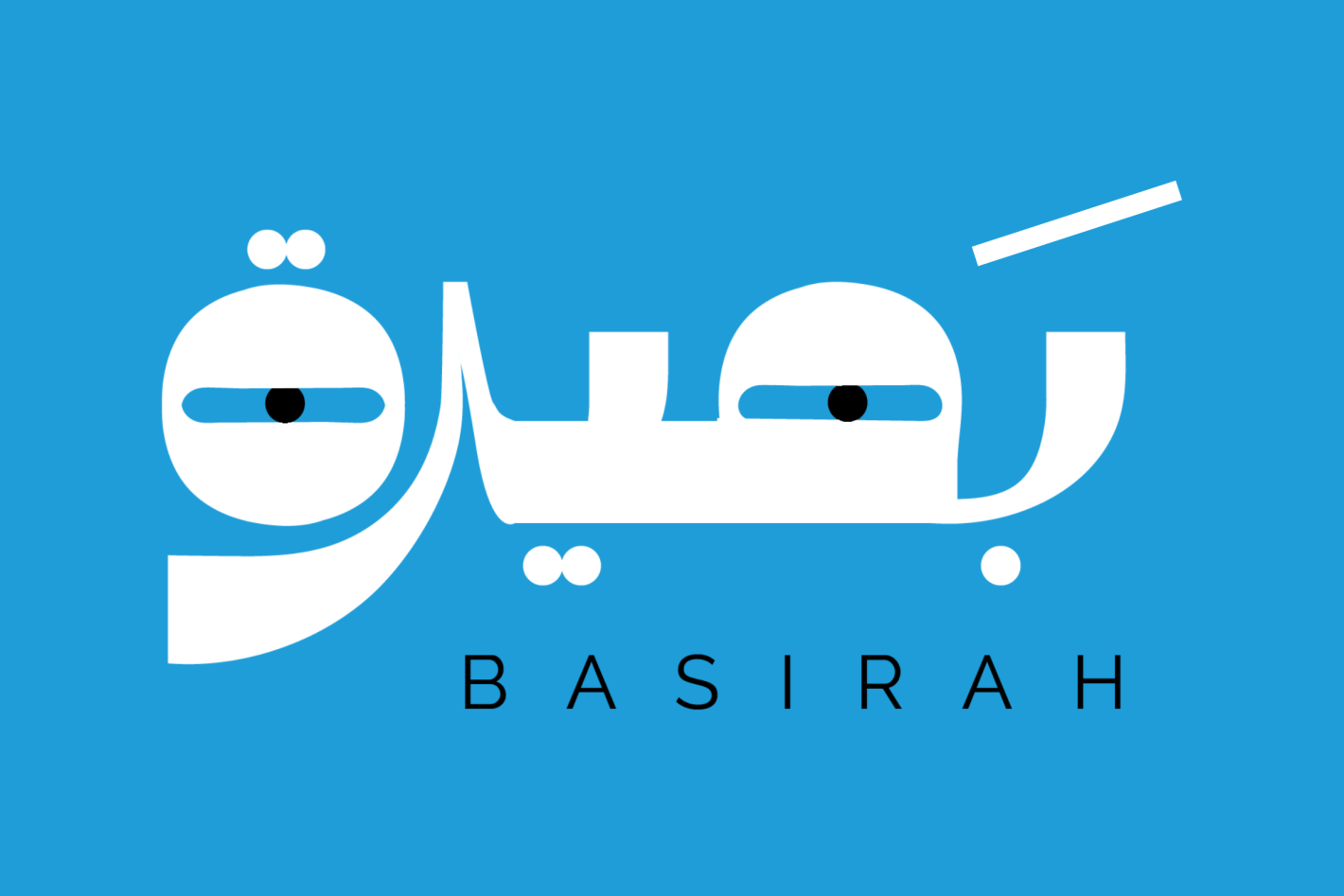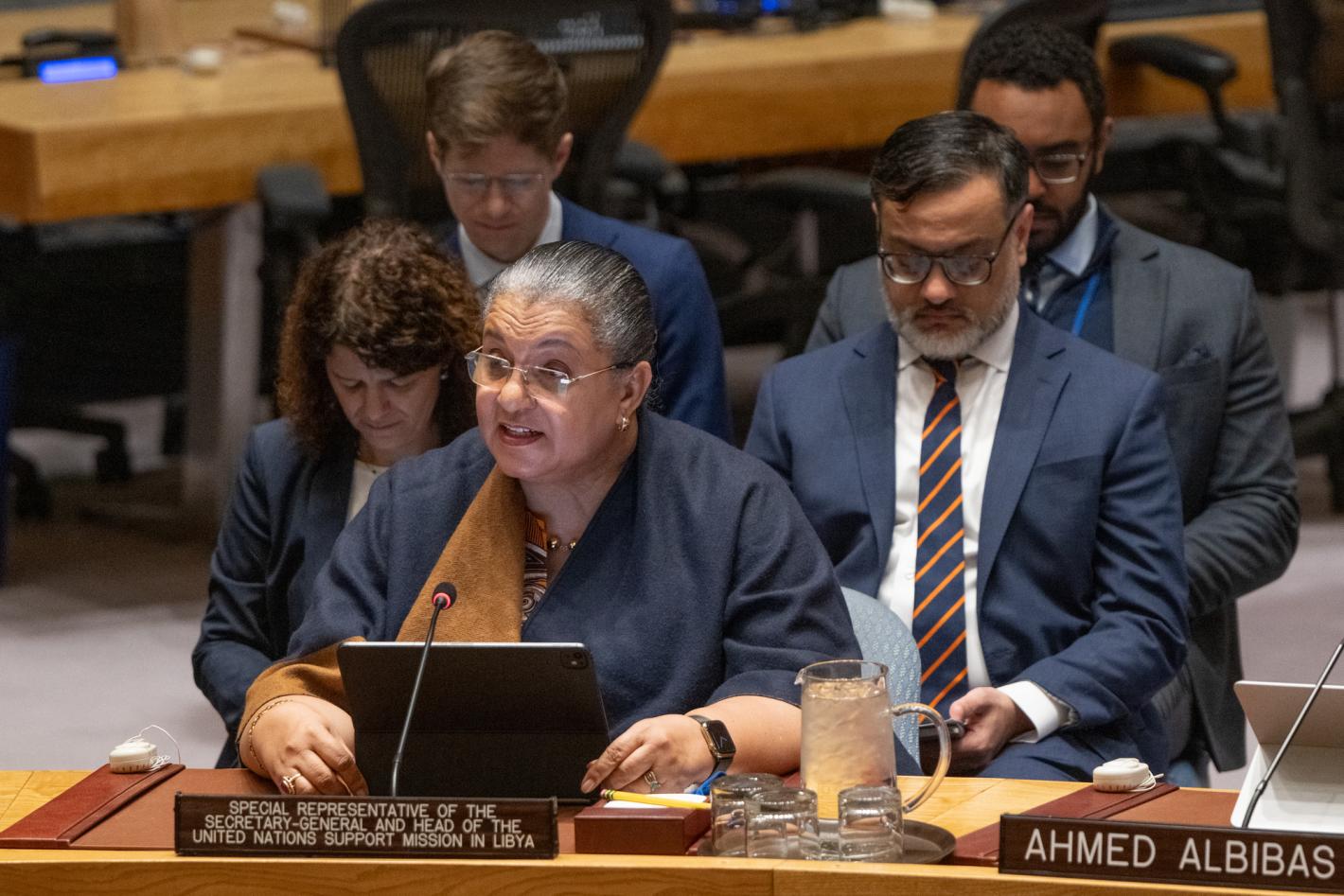بنغازي – 21 كانون الأول/ديسمبر – شارك ما يزيد عن مئة عنصر من عناصر الشرطة العسكرية والقضاء والادعاء العسكري ضمن برنامج استغرق ثلاثة أشهر في مدينة بنغازي من تنظيم دائرة حقوق الإنسان والعدالة الانتقالية وسيادة القانون التابعة للبعثة ومكتب المفوض السامي لحقوق الإنسان.
وكان الهدف من هذه الدورات بناء القدرات وتقديم الدعم الفني لأعضاء الشرطة العسكرية والقضاء والادعاء العسكري حول سُبُل حماية حقوق الإنسان في ليبيا. واستهلت سلسلة ورش العمل في شهر سبتمبر وكان ختامها يوم أمس، وذلك بالتعاون مع القيادة العامة للجيش الوطني الليبي.
وبين السيد خالد إسماعيل، مسؤول قسم سيادة القانون في البعثة قائلاً، "كان للجلسات التدريبية دوراً مهماً في النهوض بقدرات أعضاء الشرطة العسكرية والقضاء والادعاء العسكري في ليبيا وإعلاء حقوق الإنسان وحمايتها. وأضاف أن "الورشة زودت المشاركين بالأدوات الكفيلة بموائمة ممارساتهم مع المعايير الدولية لحقوق الإنسان، وذلك من خلال التركيز على المهارات العملية والمعرفة الفنية. ويتوقع أن تسهم هذه الجهود في الإصلاحات المؤسسية على المدى البعيد والنهوض بأوجه حماية حقوق الإنسان."
وعلى مدى الندوات السبعة، دُرّب المشاركون البالغ عددهم 106 بمن في ذلك 65 من هيئة القضاء والادعاء العسكري و37 ضابطاً من الشرطة العسكرية القائمين على إدارة السجون العسكرية بالإضافة إلى أربعة أعضاء من النيابة العامة.
وركز البرنامج على تعزيز معرفة المشاركين ومهاراتهم في المجالات المهمة التالية:
- المعايير الدولية بشأن حقوق الإنسان والعدالة الجنائية.
- ضمانات المحاكمات العادلة.
- آليات العدالة الانتقالية وأفضل ممارساتها.
- الأولويات لتحقيق المصالحة الوطنية.
- قواعد الأمم المتحدة النموذجية الدنيا لمعاملة السجناء (قواعد نيلسون مانديلا)
- قواعد بانكوك لمعاملة السجينات
- البدائل عن الاحتجاز.
وذكر السيد إسماعيل بأن "السلطات الوطنية اضطلعت بدور أساسي لإنجاح هذا البرنامج عبر تقديمها للتعاون والدعم التامّين طيلة الندوات السبع." مضيفاً بأن "هذه المبادرة تعكس مدى التزام البعثة ومكتب المفوض السامي لحقوق الإنسان تجاه تعزيز حقوق الإنسان وسيادة القانون ودعم جهود العدالة الانتقالية في ليبيا."
ووضع البرنامج التدريبي الأسس التي يقوم عليها تحسين ممارسات قطاع القضاء وسيادة القانون في المنطقة عبر تزويد المشاركين بالمعرفة والأدوات اللازمة.
وعلى ضوء السياق السائد في ليبيا، فإن هذه البرامج التدريبية تجسد خطوة إيجابية نحو ضمان احترام حقوق الإنسان وحمايتها في أوساط الشرطة العسكرية والقضاء العسكري في المنطقة الشرقية من ليبيا. وعليه، اتفقت كل من دائرة حقوق الإنسان والعدالة الانتقالية وسيادة القانون التابعة للبعثة ومكتب المفوض السامي لحقوق الإنسان مع السلطات في المنطقة الشرقية على توسيع دائرة البرنامج في 2025 لضم مؤسسات أخرى تعمل ضمن السلطات القائمة على إنفاذ القانون.






